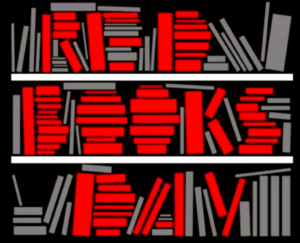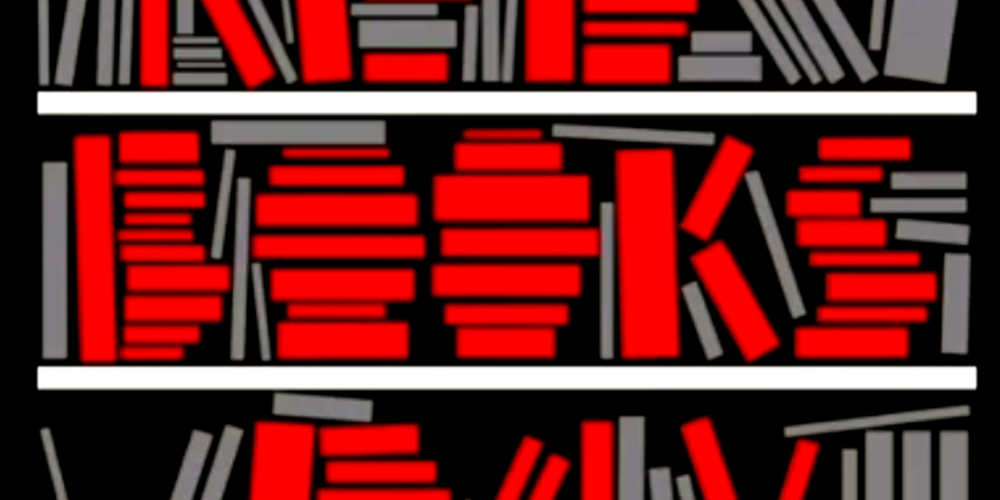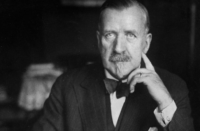A group of working men assembled in a bar in London but for a different reason: they were in a hurry to put together a programme for their organisation, the Communist League, which consisted mostly of German migrant workers. They delegated Marx and Engels to carry out the task.
The Communist League had previously been called the League of the Just, and they changed their slogan from “All men are brothers” to “Working men of all countries, unite!” (the last sentence of the Communist Manifesto).
Like an invisible atom that has a potential to release enormous amounts of energy, this small book created big movements and shook the capitalist world. Marx and Engels in their youth were the ones behind this explosive and at the same time magnificent piece of literature.
The first edition had 23 pages, with a dark-green cover, and was originally named Manifesto of the Communist Party. Engels asked Marx to rethink the “Confession of Faith” format, to avoid the appearance of a catechism, and suggested that the book be called Communist Manifesto. The German edition (1872) and subsequent editions of the book, after some changes in the text owing to the Paris Commune (1871), was named Communist Manifesto.
Marx and Engels refrained from making further changes to the Communist Manifesto, as it had become a historic document and so they felt that they had no right to change it.
The first English translation was made in 1850 by Helen McFarlane and later by Samuel Moore in 1888. Today the Communist Manifesto has been translated into 200 languages.
The day the Communist Manifesto was published, 21 February (1848), was almost forgotten in history until an attempt was made to revive the spirit of the Communist Manifesto by commemorating it as Red Books Day. Over the last few years it has snowballed into a movement throughout the globe, encouraging people to read the works of Marx, Engels and other revolutionary men and women who lived and died for the overthrow of the capitalist system.

The idea of Red Books Day is to read books on Marxism-Leninism in a public space, to spread the revolutionary spirit and increase the momentum towards socialism. Covid lockdown did not stop the movement, and it was done on line using modern technology.
To borrow the words of the American poet Muriel Rukeyser, “exiles from the future time,” communists are in fact exiles from the future who are in the present to sow the dreams of a world to be born, a world without exploitation.
The Marxist scholar Prof. Aijaz Ahmad points out that the reason the Communist Manifesto is still relevant is that it is not just a description of capitalism of its time but a reflection of the logic of capitalism: how impossible it is for capitalism to survive without expanding, and therefore needs to colonise the world with aggressive imperialism.
Soon after the publication of the Communist Manifesto in 1848 there was a national uprising throughout Europe, which started from Italy and spread to France and Germany. It was named the “Springtime of the Peoples.” The national question came to the forefront at the same time that working-class interests were trampled. Marx and Engels felt that the national question was real and that communists should intervene; if they don’t they will be sidelined. The challenge was about the ways to transform the chauvinistic nationalism of the bourgeoisie into a proletarian revolution while engaging in the bourgeois uprising.
Today we can see a semblance of that scenario in the national aspiration of a unified Ireland. The national question of unified Ireland is a reality: we have to engage with it; but the nature of the unified Ireland we achieve depends on how we transform the struggle for national unification into a struggle for an Ireland free of class exploitation and a struggle against imperialism.
Therein lies the importance of reviving the spirit of the Communist Manifesto and showing solidarity with this international movement on 21 February (which is also the UN’s International Mother Language Day) to celebrate the publication of the most powerful political document in human history; to spread the spirit of revolution and amplify the thunderous words at the end of the book: “The proletarians have nothing to lose but their chains. They have a world to win. Working men of all countries, unite!”






